On Genesis, Part 52: Angst and Desperation
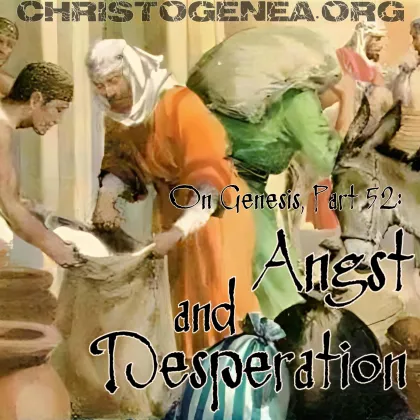
On Genesis, Part 52: Angst and Desperation
As we have illustrated in our discussions of each of the events in the life of Jacob, in only a few years from the time that he had entered Canaan his daughter Dinah had been raped, and Jacob had been angered by the rash manner in which Simeon and Levi had avenged their sister. Then his son Judah had run off and taken residence with a Canaanite woman, where he had stayed in Chezib, a place which is literally named falsehood, while having had his three sons with her. His eldest son Reuben had sinned against him by having slept with one of his wives. His son Joseph was esteemed to have been killed, and he never knew that his other sons had lied to him about what had actually happened. Then in addition to all of these things, his favorite wife, the only one whom he was said to have loved, had died at a relatively young age, shortly after she had given birth to his youngest son, whom he named Benjamin.
So even though Yahweh his God had promised to be with him after he departed from Haran, Jacob had continued to experience both Hope and Despair, as we had titled part 45 of this Genesis commentary, because in spite of the fact that he had inherited the wonderful promises which Yahweh God had made to Abraham, that his seed would inherit the world, and he himself was reassured those promises, as it is recorded in Genesis chapter 35, he nevertheless had to suffer the circumstances of the evil world into which he had been brought. Modern Christians should take note of this, and consider what Jacob had suffered when they themselves suffer, because having the promises of God obviously does not make anyone immune to suffering. None of us are better than Jacob, who continued to trust in God regardless of his suffering.


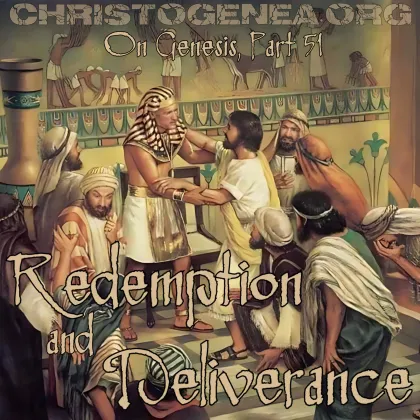
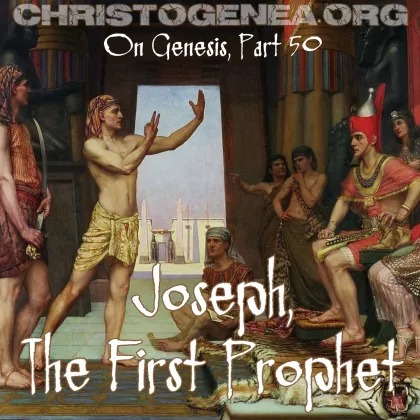
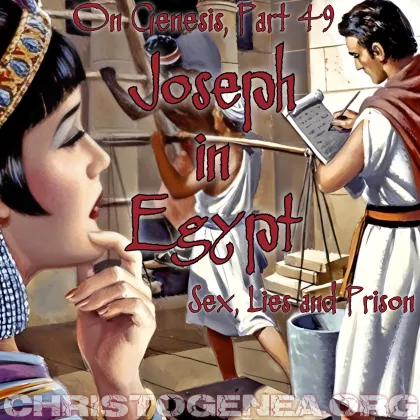
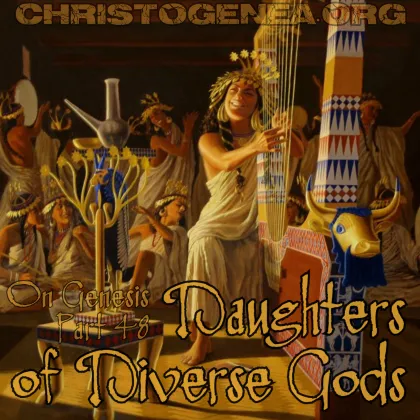




 Please click here for our mailing list sign-up page.
Please click here for our mailing list sign-up page.








Recent comments